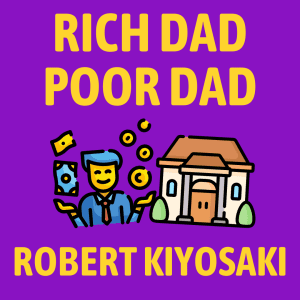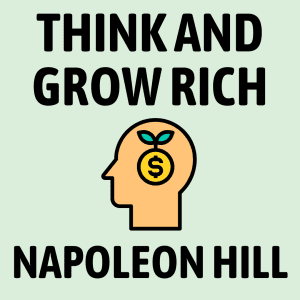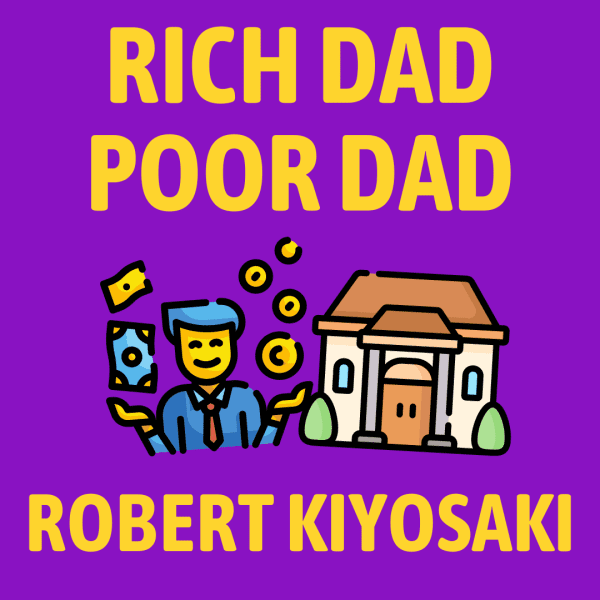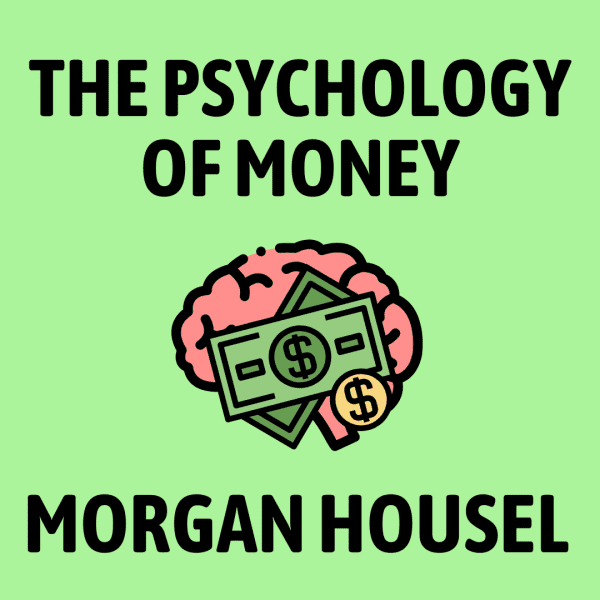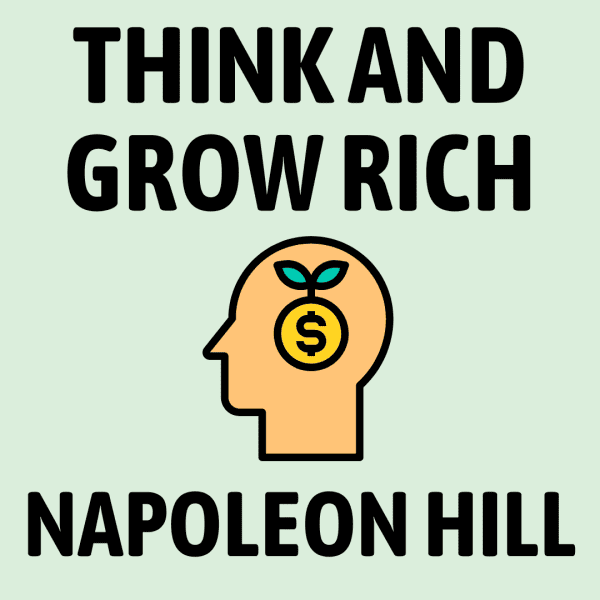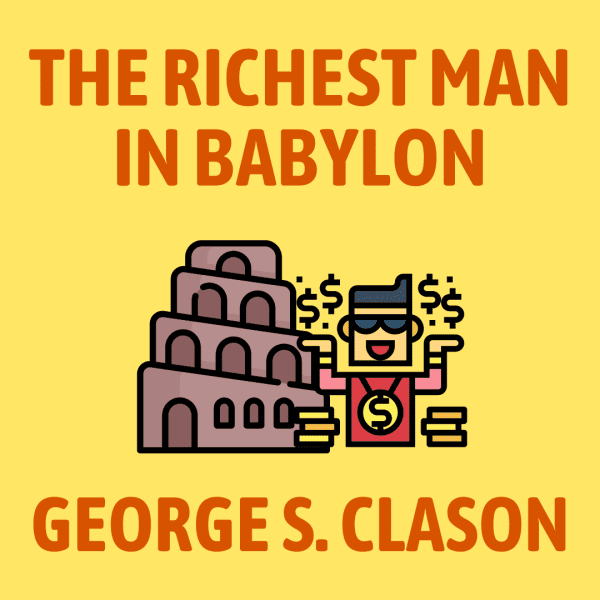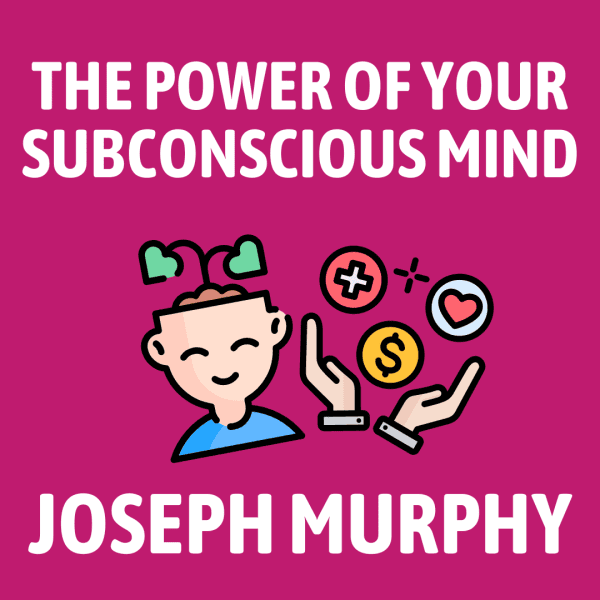"Rich Dad Poor Dad" by Robert Kiyosaki shares financial secrets that rich people teach their kids about money, investing, and building wealth.
You'll learn how to make money work for you in smart ways, like by investing and owning businesses.
This approach is contrasted to the more traditional path of relying on a job and paycheck.
Why read it?
This book shows you why making money isn't just about getting a paycheck—it's also about finding smart ways to make your money work for you.
Why is this book so popular?
Because financial concepts are usually pretty boring, but Kiyosaki makes financial literacy fun by illustrating important ideas with stories from his childhood.
"The Psychology of Money" by Morgan Housel is about how our money and financial decisions are often determined by psychological factors such as ego, emotions, and biases.
He argues that making good financial decisions and building wealth is less about gaining financial expertise, and more about cultivating qualities like patience, humility, and long-term thinking.
Why read it?
After reading "The Psychology of Money" by Morgan Housel, I've gained incredible insights into how our emotions and biases significantly shape our financial decisions, often more than we realize.
It's not just about numbers and strategies; it's about understanding ourselves.
Housel uses engaging stories and examples that made me rethink my relationship with money.
I recommend this book because it's not just about getting rich; it's about cultivating a healthier, more self-aware approach to managing your finances and life.
It's a must-read for anyone looking to navigate the complex world of money with a clearer mind.
Think and Grow Rich is about more than money—it's about getting what we want in life.
Napoleon Hill interviewed 500+ successful people (like Henry Ford and Thomas Edison), identifying a 13-step formula for achievement, which includes 1) a burning desire, 2) a definite plan, and 3) persistence past failure.
Why read it?
Okay, this book may seem a bit 'out there' to some people because of its focus on using imagination and positive thinking to top into the mystical law of attraction.
Some people will love it and others will think it's straight up bonkers.
This isn't your cut-and-dry financial planning book.
So, if you're looking for straightforward budgeting tips, this might not be your cup of tea.
But hey, who knows?
Maybe your good vibes will help you attract the perfect accountant into your life...
"The Richest Man in Babylon" by George S. Clason offers timeless financial wisdom through parables from ancient Babylon, focusing on principles such as saving 10% of your income, living within your means, and avoiding get-rich-quick schemes.
The book champions the concept of "paying yourself first" by setting aside at least 10% of your income before paying any expenses.
Why read it?
After reading "The Richest Man in Babylon," the principle of "paying yourself first" truly resonated with me.
This idea of automatically saving a portion of your income before anything else has shifted the way I manage my finances.
It’s a small change that can make a huge difference in your financial journey.
The stories, set in ancient times, brilliantly illustrate how such a simple habit can lead to lasting wealth and financial independence.
The book’s advice is straightforward but powerful, teaching not just to save, but to actively invest in our future selves.
It's inspiring to see how applicable these ancient principles are today, and I can't recommend this book enough to anyone looking to improve their financial health.
It's kind of like hearing life lessons from a wise and wealthy grandfather, but with more camels. 🐪
The Power of Your Subconscious Mind explains how to change our thinking through "scientific prayer," so we can change the outer conditions of our life to enjoy more prosperity, health, and happiness.
Joseph Murphy's techniques include affirmations, visualization, gratitude, faith, and surrender.

